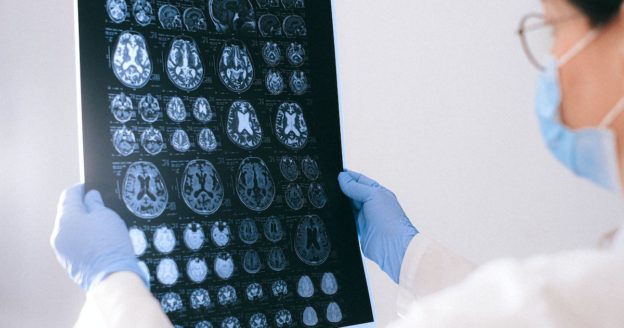Can addiction actually change the brain? People dependent on substances have a compulsive and intense urge to continue the behavior despite the negative consequences they cause. Have you ever wondered why addiction is such a difficult disease to overcome? On the outside, it might look like a person isn’t trying hard enough, but addiction is not a choice.
To help you understand why drugs and alcohol are so difficult to quit, here are three proven ways that addiction changes the brain. Fortunately, the therapies we have available for treating addiction also change the brain, which is why drug rehab works.
1. Drugs and alcohol affect the reward system in the brain.
Through research, we know that the brain has a reward system activated when we experience something rewarding. This system is meant to keep us alive by rewarding us for essential activities like food, sex and social interaction.
All addictive drugs activate the reward system by raising levels of dopamine. This motivates a person to use drugs again, forming a dependency. If the drugs are reduced or stopped, it makes the person feel terrible, strengthening the desire to use again.
Furthermore, addiction makes it harder to enjoy normal activities. This is why drug users don’t get much pleasure from normal experiences, like going out for dinner or watching a movie.
2. The brain builds strong connections that trigger substance use.
‘Triggers’ are people, places, things and emotions associated with substance use. Some triggers are internal and others are external, and it’s impossible to avoid them all. However, recovery involves limiting exposure to triggers so that a person is not constantly tempted to use drugs or alcohol.
But there’s a reason why triggers develop and are so powerful. As a person uses drugs, their brain builds stronger connections between the substances and the cues associated with them. As a result, hearing a certain song or seeing a friend’s house is enough to trigger a person into relapsing.
3. Repeated drug use weakness circuits in the brain.
Continuous drug use weakens circuits in the brain responsible for exercising self-control and tolerating stress. This is why we see people continue to use substances even when they cause harm.
No matter how bad a person wants to cut back or stop, their brain is working against them. Treatment works, but it’s crucial for a person in recovery to have a strong support system, a structured environment and a wide range of coping strategies. Over time, these circuits will grow stronger.
Addiction Treatment Works by Restoring the Brain
The brain is malleable, which means it can adapt to new environments. While this is how addictions form, it’s also how they are overcome. Engaging in new, rewarding activities, building a strong support system, and avoiding triggers are all effective ways to heal the brain.
Awakenings Treatment Center follows a holistic approach to treating addiction. We will treat all aspects of your health – mind, body and spirit. Contact our admissions team to learn more about starting your journey to sobriety. Addiction is hard to overcome, but it’s not impossible!








